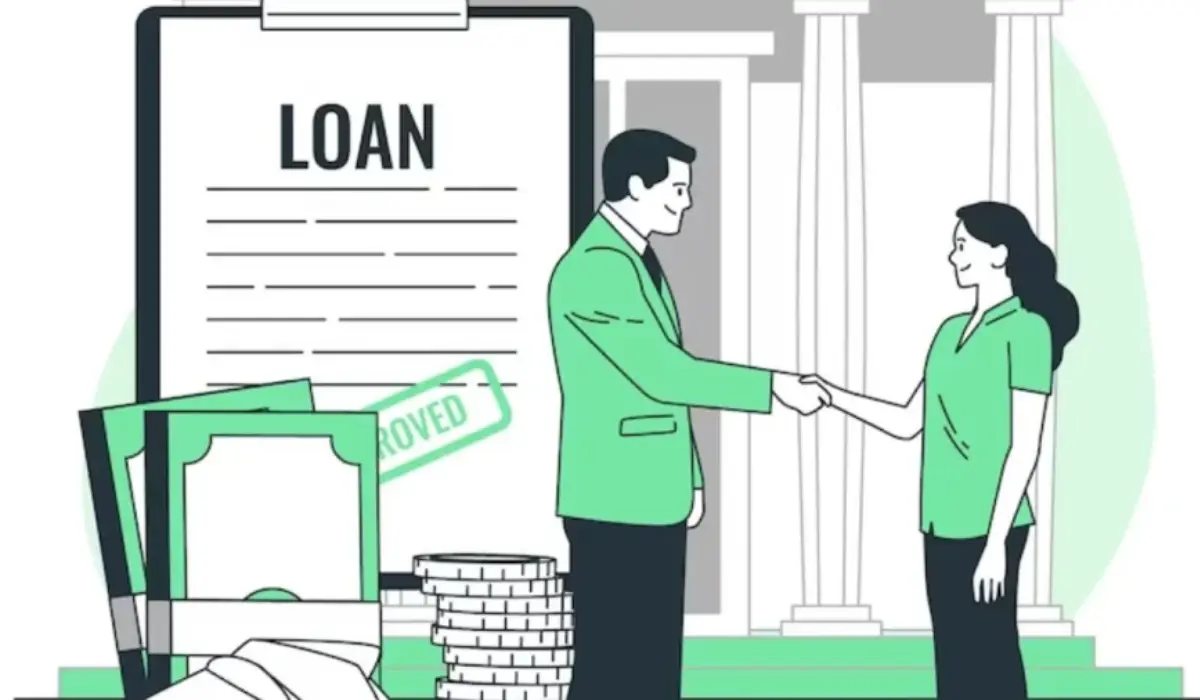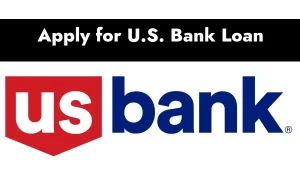If you’re a small business owner looking to grow your business or buy commercial real estate, you may have heard about SBA loans. These loans, backed by the U.S. Small Business Administration (SBA), are popular because they offer low-interest rates and flexible terms. However, understanding how SBA loans work can feel overwhelming. This guide will explain everything you need to know about sba loan to purchase property in simple terms, so you can decide if an SBA loan is right for you.
What is an SBA Loan?
An SBA loan is a type of loan designed to help small businesses. Instead of lending money directly, the SBA works with financial institutions such as banks, credit unions, and other lenders. The SBA guarantees a portion of the loan, which means it will cover part of the lender’s losses if the borrower can’t repay.
Here’s why SBA loans are special:
- Low-interest rates: SBA loans usually have lower rates than other business loans.
- Flexible repayment terms: You can take longer to repay an SBA loan, which makes monthly payments more manageable.
- Strict eligibility: SBA loans have high standards, so not all businesses will qualify.
- Not for investment properties: You can’t use SBA loans to buy properties solely for rental income or investment.

Types of SBA Loans
The SBA offers different types of real estate loans for various needs. The two most popular ones for a real estate loan are SBA 504 loans and SBA 7(a) loans. Both of these real estate loan options fall under the category of an SBA real estate loan, designed to help small businesses acquire commercial property.

- Fastest funding 1 business day
- Min. time in business 6 months
- Term lengths Up to 60 months
4.8
- Loan amount Up to $500,000
- Min. time in business 6 months
- Min. annual revenue $250,000
4.8
Best for large business loans

- 3 Months in Business
- $10,000 in Monthly Rev
- Minimum Credit Score 550
4.9
Best for large business loans

- up to $1.5 million
- APR range Not disclosed
- Minimum Credit Score 570
4.7
Best for Small business loans

- Apply in Minutes
- No Hidden fees
- Wide range of Options to choose from
- Get funded in as little as 24 hours*
4.8
SBA 504 Loans
SBA 504 loans are specifically for purchasing fixed assets, like real estate or equipment. These loans are facilitated by Certified Development Companies (CDCs), which work with the SBA to provide various financing options for purchasing real estate and equipment.
- Low, fixed interest rates: This makes payments predictable over time.
- Long-term financing: You can repay the loan over 20 or 25 years.
- Small down payments: Most 504 loans require only 10% to 20% as a down payment.
These loans are perfect for businesses that want to expand by using existing buildings or buying a new office, warehouse, or another building.
SBA 7(a) Loans
SBA 7(a) loans are more flexible 7 a loan of type and can be used for a variety of business needs, like:
- Buying real estate loans for commercial purposes
- Funding working capital
- Purchasing equipment or inventory
The 7(a) loan is great if you need a loan for general business purposes, not just for working capital or real estate projects. However, like the 504 loan, it cannot be used for investment properties or other real estate projects.
SBA Loan Eligibility and Requirements
To get an SBA loan, you must meet specific eligibility requirements.
General Eligibility
- Small business standards: Your business must qualify as “small” based on SBA guidelines. For example, some businesses must have fewer than 500 employees or earn less than $8 million in revenue annually.
- U.S.-based business: Your business must operate in the United States and be for-profit.
- Approved industries: Some industries, like gambling or real estate investment, may not qualify.
SBA 504 Loan Requirements
- Your business must have a net worth of $15 million or less.
- Your average net income must be $5 million or less over the last two years.
SBA 7(a) Loan Requirements
These depend on the lender, but you still need to meet the SBA’s small business criteria. You’ll also need to prove that you can repay the loan.

How to Apply for an SBA Loan
Applying for an SBA loan can take time because there’s a lot of paperwork involved. Here’s what you’ll need to do:
Step 1: Gather Documents
Lenders will ask for:
- Financial statements for your business
- Business plans
- Personal credit history
- Tax returns
Step 2: Find a Lender
You can use the SBA’s Lender Match tool to find a lender. You can also work with a Certified Development Company (CDC), which specializes in SBA loans.
Step 3: Submit Your Application
Work with your lender to complete the full 7 a loan application. They’ll guide you through the process and let you know if anything is missing 7 a loan amount.
Step 4: Wait for Approval
Approval can take weeks or even months, so be patient. Working with an experienced lender can help speed up the process.
SBA Loan Rates and Terms
One of the biggest advantages of SBA loans is their favorable rates and repayment terms. Here’s what you need to know:
SBA 504 Loan Terms
- Repayment term: 20 or 25 years.
- Interest rate: Low and fixed for the entire term.
- Down payment: Usually 10% to 20%.
SBA 7(a) Loan Terms
- Maximum loan amount: $5 million.
- Interest rates: Typically between 7% and 9.5%, which can vary based on the lender and the market.
For SBA 504 loans, the portion funded by the loan programs the bank may have a variable interest rate, so the bank portion of your monthly payments could change slightly.

- Fastest funding 1 business day
- Min. time in business 6 months
- Term lengths Up to 60 months
4.8
- Loan amount Up to $500,000
- Min. time in business 6 months
- Min. annual revenue $250,000
4.8
Best for large business loans

- 3 Months in Business
- $10,000 in Monthly Rev
- Minimum Credit Score 550
4.9
Best for large business loans

- up to $1.5 million
- APR range Not disclosed
- Minimum Credit Score 570
4.7
Best for Small business loans

- Apply in Minutes
- No Hidden fees
- Wide range of Options to choose from
- Get funded in as little as 24 hours*
4.8
SBA Loan Providers and Lenders
SBA loans are not directly issued by the SBA. Instead, they are through loan programs offered by banks, credit unions, and Certified Development Companies (CDCs).
How to Find a Lender
- Lender Match Tool: The SBA’s tool helps connect you with lenders in your area.
- Specialized Lenders: Some lenders focus on SBA loans and can guide you through the process.
Make sure to compare lenders’ loan rates to find one with the best rates and terms for your business.
Using SBA Loans for Rental Properties and Other Real Estate
SBA loans can be used to buy commercial real estate, but there are rules:
- Owner-occupied properties: For SBA 504 loans, your business must occupy at least 51% of the property.
- No investment properties: SBA loans can’t be used to buy properties purely for rental income or resale.
If your new business has plans to operate out of the property you’re buying, an SBA loan could be a great fit.
Many businesses have used SBA loans to grow and succeed. For example:
- A bakery expanding to a new location: A small bakery used an SBA 504 loan to buy a larger building and triple its production space.
- A tech startup purchasing office space: An SBA 7(a) loan helped a growing tech company buy its first office, saving money on rent.
These stories show how SBA loans and loan programs can help businesses achieve their goals for profit company side and community development.
Benefits of SBA Loans for Small Business Owners
SBA loans have several advantages for small business owners:
- Low interest rates: Save money compared to other loan types.
- Long repayment terms: Reduce monthly payments.
- Wide range of uses: From real estate to working capital, SBA loans can meet many needs.
Because the SBA guarantees part of loan amount of the loan, lenders are more willing to work with small businesses.
Frequently Asked Questions
Can an SBA Loan Be Used to Purchase Real Estate?
Yes, an SBA loan can be used to purchase real estate, particularly if it is for commercial purposes. SBA loans, such as the SBA 504 and SBA 7(a) loans, are designed to help small business owners acquire commercial property. However, it’s important to note that these loans cannot be used to purchase commercial real estate solely for investment purposes. The commercial property also must be owner-occupied, meaning your business should occupy at least 51% of the space.
Is It Hard to Get an SBA 504 Loan?
Obtaining an SBA 504 loan can be challenging due to the strict, eligibility requirements, eligibility criteria, and documentation requirements. Small business owners must demonstrate a feasible business plan, a strong personal credit score, and the ability to repay the loan. Additionally, businesses must meet specific size standards and operate in approved industries. While the process can be complex, working with a Certified Development Company (CDC) can simplify the application and approval process.
How Much Down Payment Is Needed for an SBA Loan?
The approximate loan amount and down payment required for an SBA loan varies depending on the loan type and of loan. For SBA 504 loans, the down payment is typically 10% to 20% of the total project cost. SBA 7(a) loans may also require a similar down payment, but the exact amount can vary based on the loan purpose, the lender’s requirements and the specifics of the loan. It’s essential to discuss down payment options with your lender to understand your financial obligations fully.
What Can an SBA Loan Not Be Used For?
SBA loans cannot be used for certain purposes, such as purchasing investment properties, paying off delinquent taxes, or refinancing existing debt. Additionally, they cannot be used for activities that are speculative or involve illegal operations. The primary focus of SBA loans is to support small businesses in acquiring major fixed assets, expanding operations, and creating jobs. It’s crucial to review the loan terms and consult with your lender to ensure your intended use aligns with SBA guidelines.







